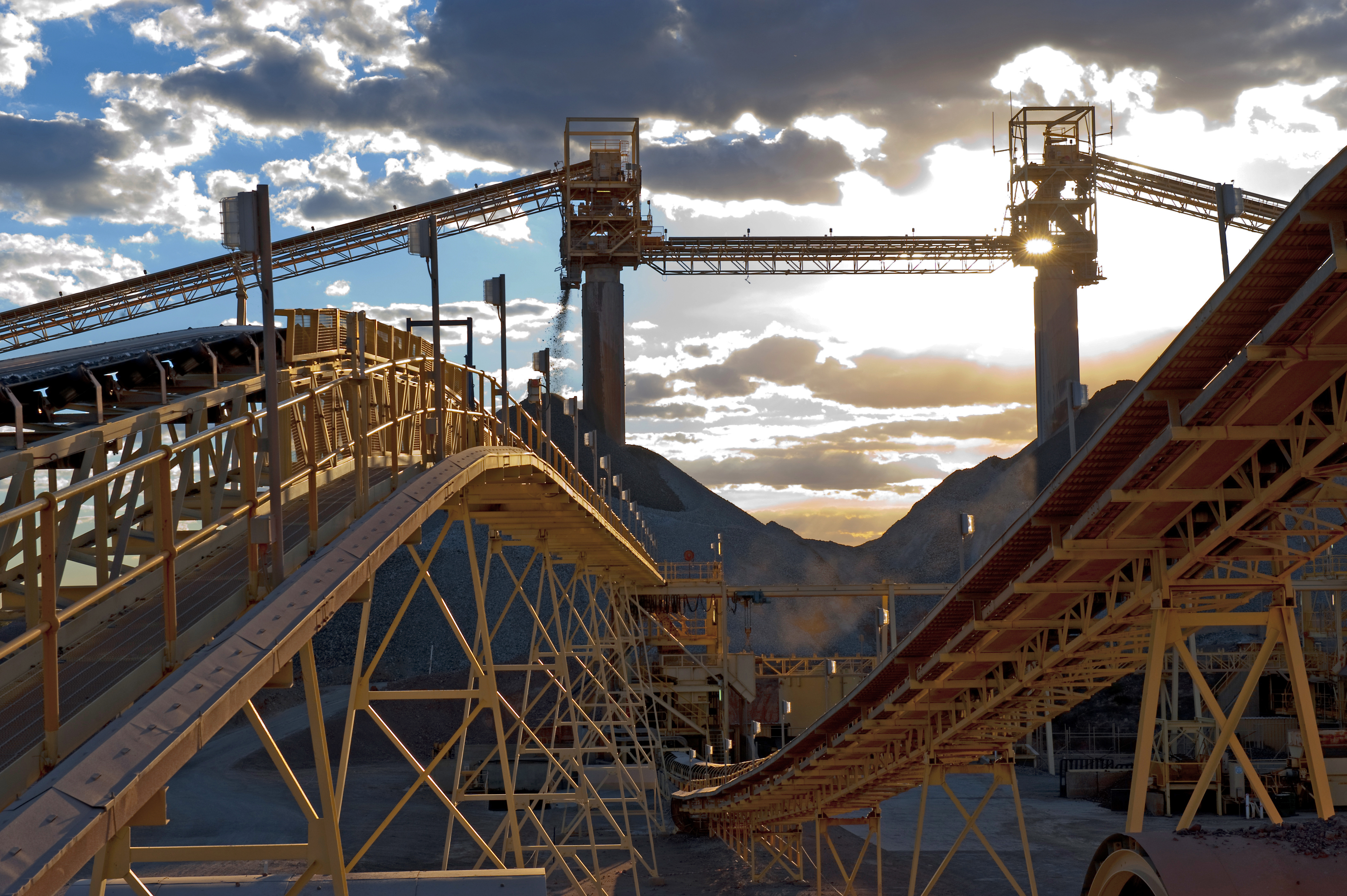Argentina’s copper mining revival
Opinion Pieces

16
Sept
2024
Argentina’s copper mining revival
Argentina’s copper mining industry is underdeveloped, despite the country holding an estimated 75.5Mt in copper reserves. However, this is set to change...
Argentina’s copper mining industry is underdeveloped, despite the country holding an estimated 75.5Mt in copper reserves. However, this is set to change in the coming years, driven by a more investor-friendly environment and growing interest from industry players. At present, Argentina has no active copper mines. The last operational mine, Bajo de la Alumbrera in Catamarca province, closed in 2018, and the country has reported no copper production since.
Development priorities and the potential expansion of Argentina’s copper sector is a key priority for President Javier Milei, who has proposed relaxing environmental regulations to attract investment and accelerate resource extraction. The country has a pipeline of copper projects that could yield 1.2 Mt Cu, possibly reaching 793ktpy by 2030 if the current projects come online as planned.
The first project expected to enter production is Josemaría, located in San Juan province, which is currently in the pre-construction stage. This large-scale copper-gold-silver project, a joint venture between BHP and Lundin Mining, aims for a 2027 start. The open-pit mine is projected to produce 131ktpy of copper over its 19-year mine life.
BHP and Lundin Mining also acquired the Filo del Sol project in July 2024, located near the Argentine-Chilean border in San Juan. This project is expected to produce 67ktpy of copper over a 14-year lifespan.
San Juan province is also home to the Los Azules project, an advanced exploration site for a high-grade open-pit copper mine owned by McEwen Copper. This project is expected to produce 146ktpy over its 27-year mine life. McEwen Copper aims to complete a feasibility study by early 2025, with operations anticipated to begin by 2029, pending financing.
Further along in the pipeline is the Minera Agua Rica Alumbrera (Mara) Project, which integrates the Agua Rica deposit with the Alumbrera site and processing facilities. The project will process ore from the Agua Rica mine at the Alumbrera plant and is expected to produce 241ktpy of copper over a 28-year period.
Other notable projects include First Quantum’s Taca Taca, another open-pit development in San Juan province, expected to produce 275ktpy over 32 years. First Quantum has recently held discussions with the Argentine government regarding the start of construction.
Lastly, Glencore’s El Pachón, a greenfield copper project also in San Juan province, is expected to produce an average of 350 ktpy over 25 years.
Despite promising developments, Argentina's copper sector faces several challenges, including political risks, potential regulatory delays, and opposition from environmental groups over large-scale mining. Infrastructure is another concern, as significant investments in transport and energy systems will be necessary to support mining operations. However, the economic potential is vast, with new projects expected to create jobs and generate substantial revenue, especially in mining regions like San Juan and Catamarca. Globally, Argentina is well-positioned to capitalise on rising copper demand, driven by the transition to renewable energy and electrification.